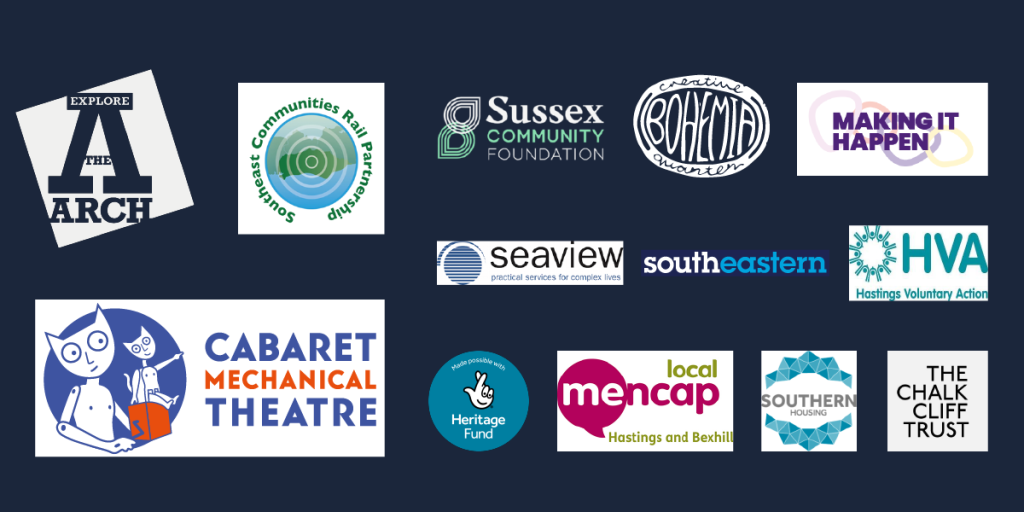History
These are the heritage books we have explored so far:
2023: Wonderful Adventure of Mrs Seacole in Many Lands by Mary Seacole. – marking the bicentenary of Mary Seacole’s first solo journey from Jamaica to England as a young woman, our community and festival visitors explored this heritage travelogue written by a black medical practitioner who faced barriers to a career as a business woman and adventurer in the nineteenth-century. The school engagement programme became the current ‘8 Ways to Connect’ engaging 3,000 young people.
2022: The Diddakoi by Rumer Godden – Marking the 50th anniversary of Godden’s Whitbread Prize-winning novel for young adults which tells the story of a girl of Romani heritage struggling to maintain her identity and be respected following the death of her great-grandmother. The school engagement programme was developed to run Jan – March producing creative outputs for the April festival made by 2.000 children.
2021: Nonsense Songs, Stories, Botany, and Alphabets by Edward Lear – We marked the 150th anniversary of Lear’s anthology containing vibrant verse in nonsense style including the nation’s favourite children’s poem (poll of 2014) “The Owl And The Pussy Cat.” Back to the 18 day format, the shops window displays increased in this year becoming one of the key features of the festival.
2020: The Time Machine by H G Wells – 125 years since the Henry Holt and William Heinemann publications in 1895, we explored this sci-fi novella’s relevance in today’s world. H.G. Wells’ vivid words took on new significance through the covid crisis experience. We extended the festival from its planned 18 days to 3 months, offering online projects before the outdoor art could eventually be exhibited.
2019: Robinson Crusoe by Daniel Defoe – the festival gained national recognition for the first time as we explored this classic text on the tricentenary of publication. The festival increased to its present 18 days duration across the Easter school holiday and offered over 50 events and activities.
2018: Great Expectations by Charles Dickens – our 2nd year saw the launch of the outdoor art trail which has become a much-loved part of the festival. The festival’s 4,000 viewers fed back on how best to set out the festival across multiple sites going forward. This has shaped our subsequent planning of an experience now enjoyed by 12,000 viewers.
2017: Jane Eyre by Charlotte Bronte – Our inaugural year presented one big question: could a whole community come together for 2 weeks of lively extended contemplation of heritage writing? Artists, viewers and community groups connected through the extended exploration of Brontë’s words. Local families enjoyed a school Spring holiday of free activities.
